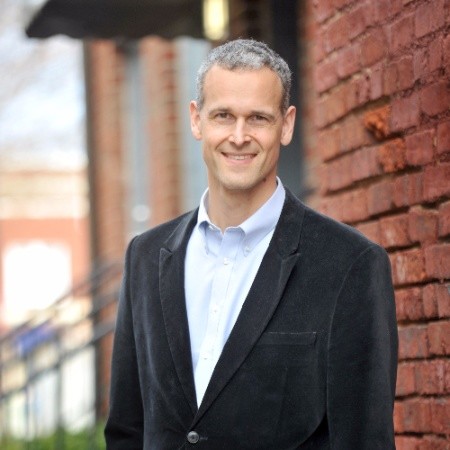America’s Historically Black Colleges and Universities (HBCUs) are increasingly the preferred choice for students today, confirmed AcademicInfluence.com; which has recently ranked the top 30 most influential HBCUs in the US.
“For many students, HBCUs have established themselves as their preferred educational destination. Students today want more than a degree; they want a college experience that meets their personal needs. And more are finding what they want in an HBCU,” stated Dr Jed Macosko, Academic Director of AcademicInfluence.com; and Professor of Physics at Wake Forest University.
HBCU HISTORY
HBCUs are schools of higher learning largely established between the end of slavery in 1865 and the passage of the 1964 Civil Rights Act in order to create opportunities in higher education for Black students. At a time when southern colleges refused their admission and quotas at northern colleges dictated the number of Black students admitted, HBCUs emerged to advance educational, professional, and economic interests for Black Americans.
These educational institutions remain a critical source of education, community and opportunity for Black students, as well as a diverse cross-section of Latino, Asian and White students in the US. According to the latest data from the National Center for Education Statistics, 51 public HBCUs and 50 private, non-profit HBCUs provide degrees at every level of higher education. At the time of this ranking, 38 HBCUs offered associate degree programmes, 83 offered bachelor’s degrees, 52 conferred master’s degrees and 27 granted doctoral degrees.
“Students concerned about bias and gamesmanship in college rankings can find a more accurate assessment of scholarly impact with AcademicInfluence.com. Our rankings are based primarily on objective influence data rather than on some unknown person’s subjective feelings about a college or university or on self-reported info that can be skewed or obsolete,” added Macosko. “It’s why we believe students can trust AcademicInfluence.com over the alternatives.”

MOST INFLUENTIAL HBCUs 2000-2020
The top 30 elite HBCUs that have proven to be the ‘most influential’ over the past two decades, according to AcademicInfluence.com, are:
- Alabama State University (Montgomery, Alabama)
- Alcorn State University (Alcorn State, Mississippi)
- Bethune-Cookman University (Daytona Beach, Florida)
- Clark Atlanta University (Atlanta, Georgia)
- Dillard University (New Orleans, Louisiana)
- Elizabeth City State University (Elizabeth City, North Carolina)
- Fisk University (Nashville, Tennessee)
- Florida A&M University (Tallahassee, Florida)
- Hampton University (Hampton, Virginia)
- Howard University (Washington, District of Columbia)
- Jackson State University (Jackson, Mississippi)
- Lincoln University (Lincoln University, Pennsylvania)
- Morehouse College (Atlanta, Georgia)
- Morgan State University (Baltimore, Maryland)
- Norfolk State University (Norfolk, Virginia)
- North Carolina Central University (Durham, North Carolina)
- Savannah State University (Savannah, Georgia)
- South Carolina State University (Orangeburg, South Carolina)
- Spelman College (Atlanta, Georgia)
- Tennessee State University (Nashville, Tennessee)
- Texas Southern University (Houston, Texas)
- Tougaloo College (Tougaloo, Mississippi)
- Tuskegee University (Tuskegee, Alabama)
- University of the District of Columbia (Washington, District of Columbia)
- University of the Virgin Islands (Charlotte Amalie, U.S. Virgin Islands)
- Virginia State University (Petersburg, Virginia)
- Virginia Union University (Richmond, Virginia)
- West Virginia State University (Institute, West Virginia)
- Wilberforce University (Wilberforce, Ohio)
- Xavier University of Louisiana (New Orleans, Louisiana)
Check out the website for more details about the ranking.
Earlier this year, Southern Company and Apple announced the creation of a new digital hub to support leadership and career development of students across 100+ HBCUs to advance racial equity and justice. Click here to read more.







































